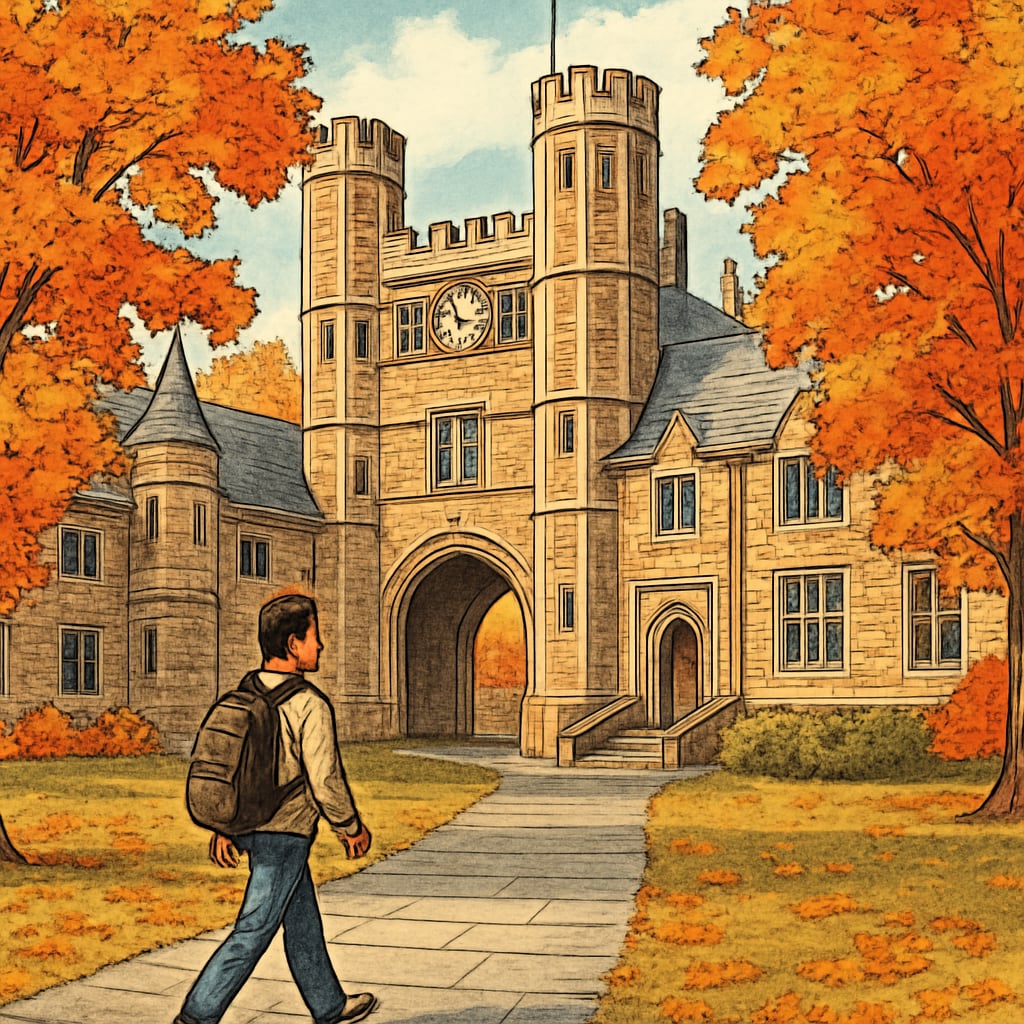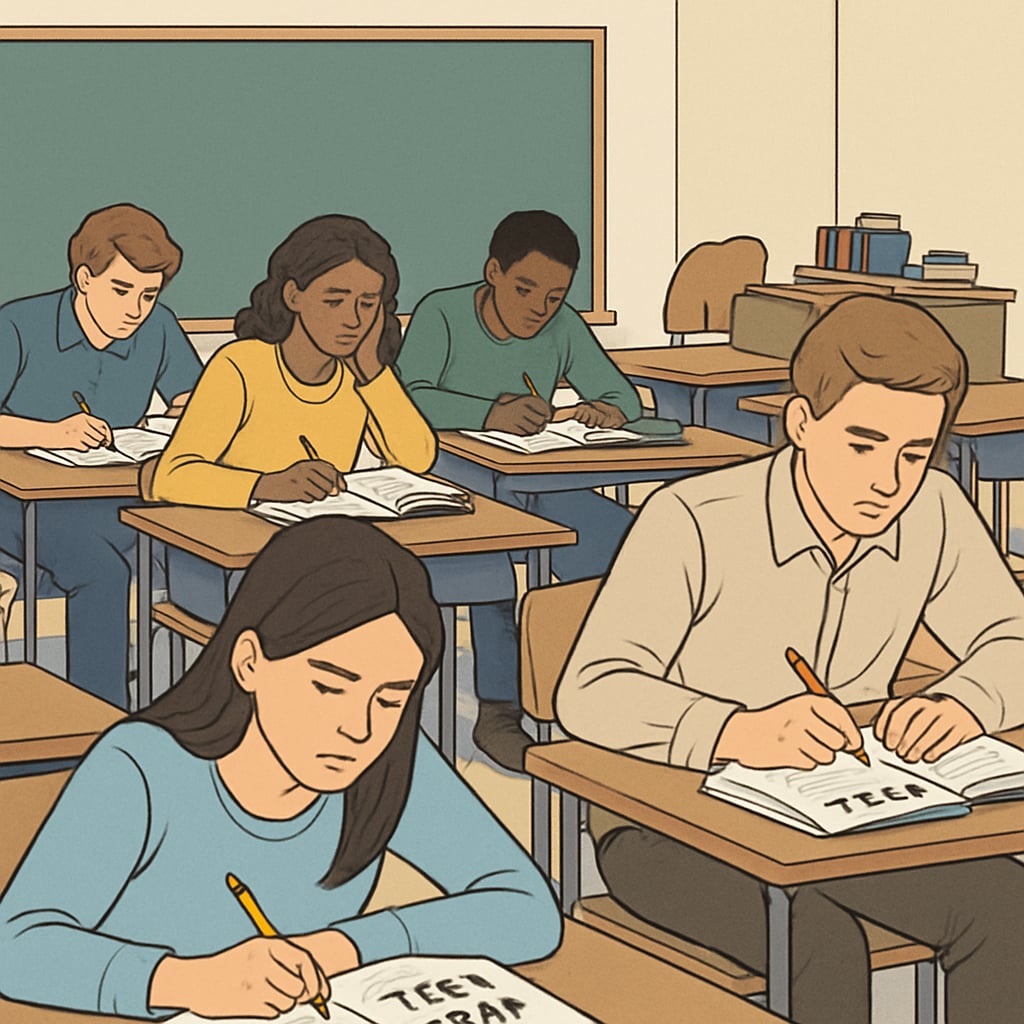Princeton and other Ivy League schools have long been associated with prestige, success, and intellectual superiority. However, it is worth asking: are these institutions, and their elite education systems, overrated? The societal fixation on Ivy League schools may be disproportionately high, leading to unintended consequences for broader educational systems, especially at the K-12 level. This article critically examines the reputation of Ivy League universities like Princeton and explores the ripple effects of this obsession.
What Makes Ivy League Schools Overrated?
Many people perceive Ivy League schools as synonymous with excellence. Princeton, for example, enjoys a reputation for producing world leaders, Nobel laureates, and influential thinkers. While these achievements are commendable, the question arises: does their reputation truly reflect the overall quality of education provided? Research shows that the advantages of attending an Ivy League school often stem from networking opportunities and historical prestige rather than superior teaching methodologies or groundbreaking innovations.
Moreover, the admissions process itself perpetuates exclusivity rather than inclusivity. Ivy League schools boast acceptance rates below 10%, creating an aura of unattainable perfection. However, critics argue that this competitive exclusiveness often prioritizes factors like legacy admissions and standardized test scores over holistic measures of student potential.

The Impact of Overvaluation on K-12 Education
The obsession with Ivy League institutions has significant implications for K-12 education. Parents and students often tailor their educational paths toward securing a place at one of these prestigious schools, sometimes at the expense of fostering genuine intellectual curiosity and diverse learning experiences. For example, many high schools focus heavily on preparing students for standardized tests and extracurricular activities that align with Ivy League admissions criteria, sidelining creative and experimental learning approaches.
As a result, educators may feel pressured to prioritize test scores over meaningful skill-building, which can hinder the development of critical thinking and problem-solving abilities. This “Ivy-centric” mindset can also create unequal opportunities for students who lack the resources to compete in this high-stakes environment.

Reevaluating the Role of Elite Education
It is important to reconsider the societal emphasis on elite education and ask whether the Ivy League truly represents the pinnacle of academic achievement. Institutions outside of the Ivy League often provide an equally rigorous education and foster innovation in less traditional fields. For example, state universities and liberal arts colleges frequently excel in areas such as engineering, environmental science, and the arts, offering students unique opportunities that may not be available at Ivy League schools.
Furthermore, the focus on elite education can overshadow the systemic issues within broader educational systems. Instead of glorifying a select few institutions, society might benefit from investing more equitably in public schools and underfunded colleges to ensure that quality education is accessible to all.
Conclusion: Breaking Free from the Ivy League Obsession
The reputation of Ivy League schools, including Princeton, may not always align with reality. While these institutions undeniably offer valuable resources and opportunities, their societal overvaluation can distort priorities within the education system, particularly at the K-12 level. By broadening our perspective on what constitutes quality education, we can create a more inclusive and balanced educational landscape that empowers students across all levels and backgrounds.
Readability guidance: The article uses short paragraphs and lists where applicable, avoiding excessive passive voice and overly long sentences. It incorporates transitional phrases such as “however,” “in addition,” and “for example” to ensure smooth flow and logical progression.


